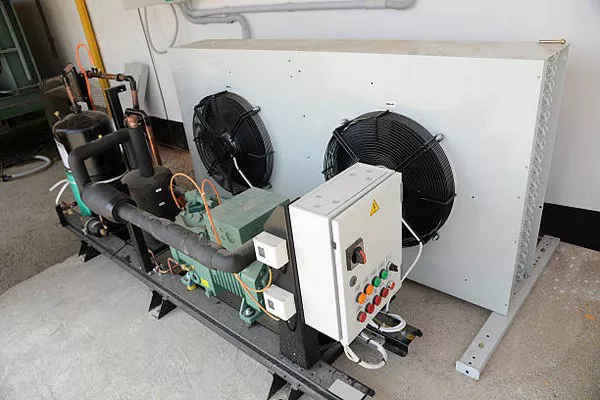Generators play a crucial role in various industries and applications, providing a reliable source of power when grid electricity is unavailable or unreliable. These devices have evolved significantly over the years, becoming indispensable in emergency situations, construction sites, remote locations, and various other settings. In this article, we will delve into what generators are, how they work, and the diverse range of applications they serve.
What is a Generator?
A generator is a device that converts mechanical energy into electrical energy. It operates on the principle of electromagnetic induction, a concept discovered by Michael Faraday in the early 19th century. In simple terms, generators produce electricity by rotating a coil of wire within a magnetic field, inducing an electromotive force (EMF) and generating an electric current.
Components of a Generator
Engine: At the heart of every generator lies an internal combustion engine or another source of mechanical power. This engine is responsible for converting fuel into mechanical energy, usually in the form of a rotating shaft.
Alternator: The alternator, also known as the generator head, is the key component responsible for converting mechanical energy into electrical energy. It consists of a rotor (rotating part) and a stator (stationary part) with coils of wire. As the rotor spins within the magnetic field of the stator, it induces a flow of electric current.
Fuel System: Generators are powered by various fuels such as gasoline, diesel, natural gas, or propane. The fuel system ensures a consistent and controlled supply of fuel to the engine, facilitating efficient power generation.
Voltage Regulator: To ensure a stable and reliable power output, generators incorporate voltage regulators. These devices control the voltage levels of the generated electricity, preventing fluctuations that could damage connected appliances or equipment.
Applications of Generators
Emergency Power Supply:
One of the primary applications of generators is to provide emergency power during blackouts or grid failures. Critical facilities such as hospitals, data centers, and emergency response centers rely on generators to ensure uninterrupted power supply, preventing potential life-threatening situations.
Construction Sites:
Construction sites often lack access to grid electricity, requiring generators to power tools, lighting, and machinery. Portable generators are commonly used in these settings due to their mobility and versatility.
Residential Backup Power:
Homeowners use generators as a backup power source in case of power outages. Standby generators, connected directly to a home’s electrical system, automatically activate when the main power supply is disrupted, ensuring continuity of essential appliances.
Remote Locations:
In remote or off-grid locations, generators serve as a primary source of power. Industries such as mining, forestry, and exploration rely on generators to operate equipment and provide electricity in areas where establishing a permanent power infrastructure is impractical.
Events and Entertainment:
Outdoor events, concerts, and festivals often require temporary power solutions. Generators play a crucial role in supplying electricity to stages, lighting, sound systems, and other event-related infrastructure.
Industrial and Manufacturing:
Industries with high power demands, such as manufacturing plants, use generators to ensure a consistent power supply. Generators are often integrated into the facility’s power distribution system to support critical operations.
Agriculture:
Farms and agricultural operations utilize generators for various purposes, including powering irrigation systems, barns, and equipment. Generators provide a reliable energy source in rural areas where grid electricity may be limited.
Telecommunications:
Telecommunication infrastructure relies on generators to maintain continuous power for cell towers, data centers, and communication networks. This ensures uninterrupted connectivity, especially during natural disasters or other emergencies.
See Also How To Use Generator In Rain? A Comprehensive Guide
Conclusion
Generators have become integral to modern society, serving a multitude of applications across various industries. Whether providing emergency power during blackouts, supporting construction projects, or ensuring continuous operations in remote locations, generators offer a versatile and reliable solution. As technology continues to advance, the efficiency and environmental impact of generators are also improving, making them an essential component in our ever-evolving energy landscape.

